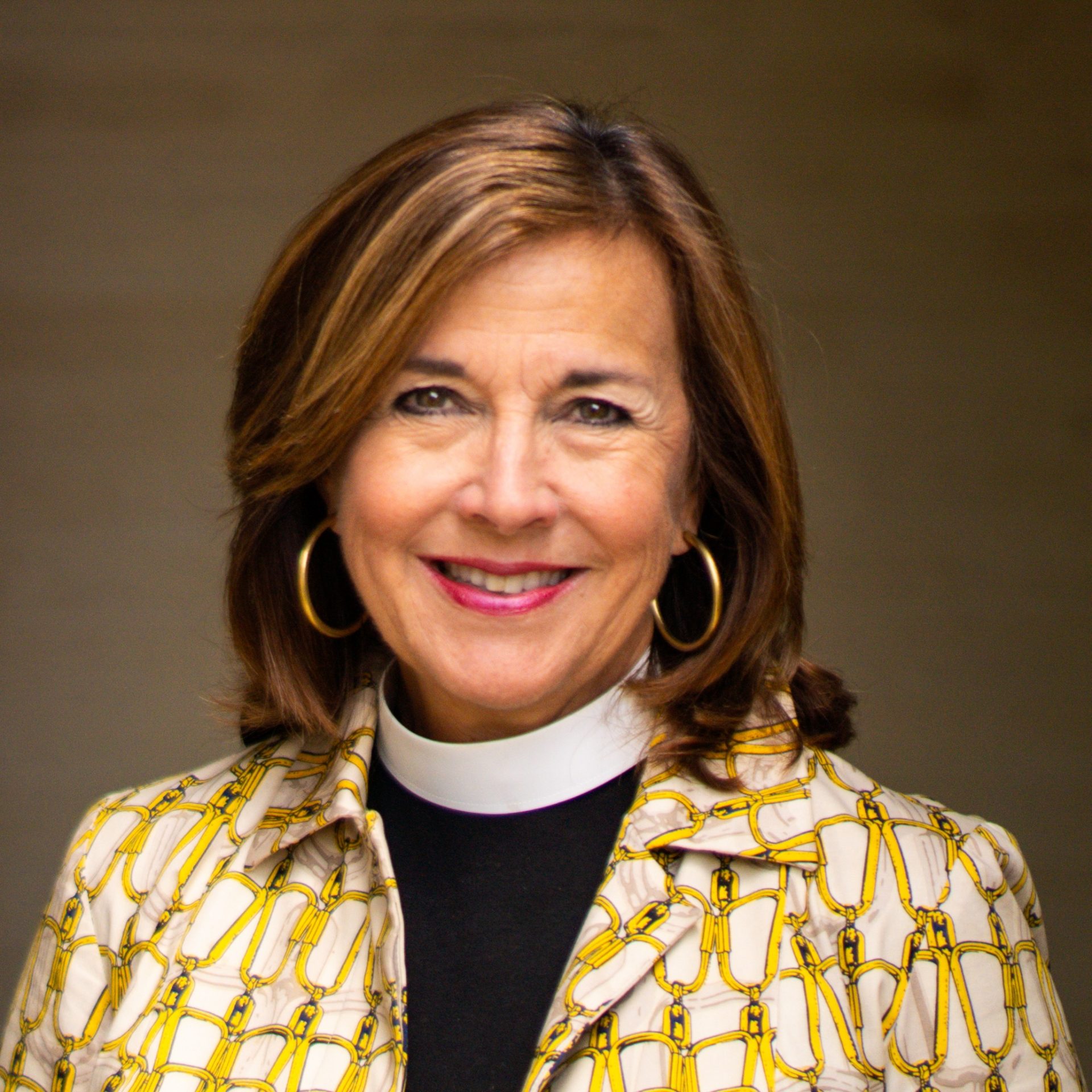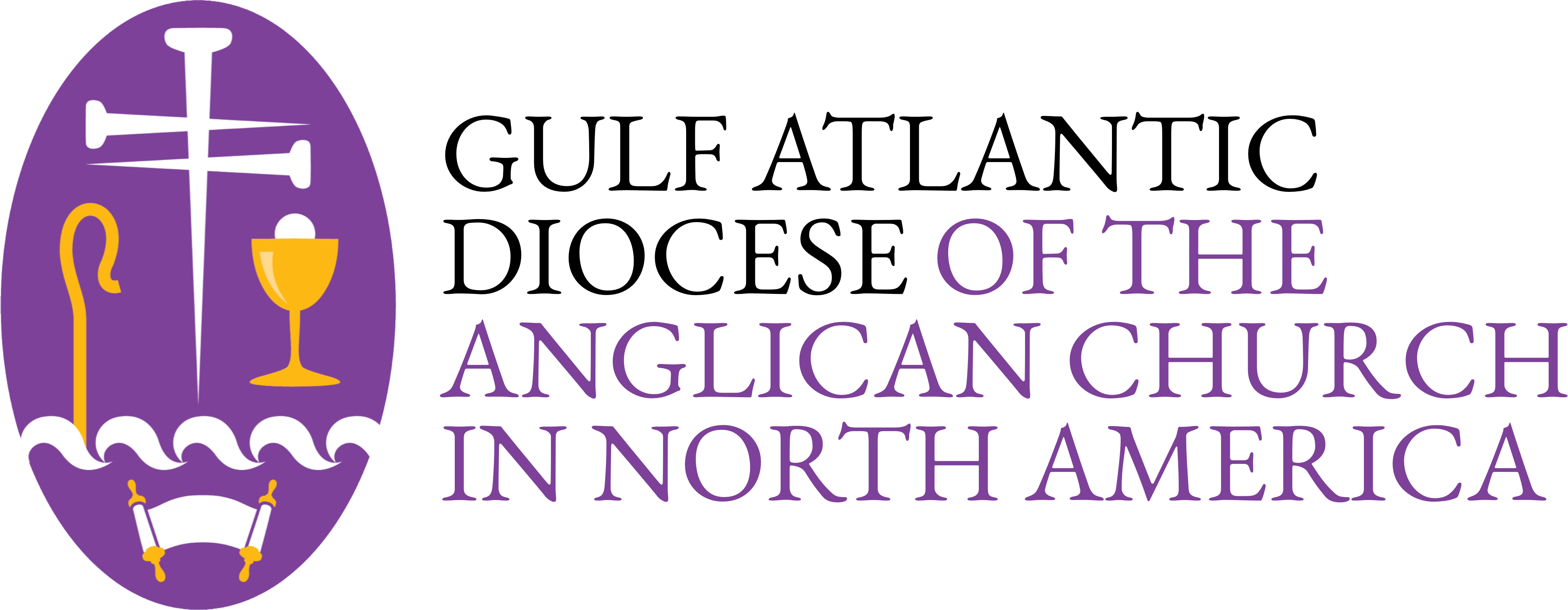
Newsletter Contents
Stewardship Begins in the Heart
Investing for Missional Expansion: Thinking Beyond Ourselves
Follow Me as I Follow Christ: Stewarding our Youngest Saints
1,200 Hours Serving: Recapping Soul in the City
Shepherding Stewards, Stewarding Shepherds
“We Had No Idea …!”
Safeguarding Our People is Critical to Wise Stewardship
Other Announcements & Upcoming Events
More from Dcn. Leah Slawson

Most people do not get excited talking about misconduct training and prevention. But, the subject of safeguarding in the Church is a national conversation and one we take seriously. This summer, the ACNA approved canonical changes at the provincial level which make each bishop ultimately responsible, indeed canonically duty-bound, to oversee safeguarding in his diocese, even as each diocese will retain the freedom to create policies and procedures scaled to the size and scope of its ministries. Thankfully, the Gulf Atlantic Diocese, under the leadership of Bishop Alex Farmer (and Bishop Neil for many years before him), is ahead of the curve and already has in place most of the changes proposed at the provincial level. Bishop Alex has continued the diocesan commitment to protect the vulnerable. Indeed, building a culture of safety in our parishes is a mark of three characteristics of a flourishing church: healthy community, equipping leaders, and wise stewardship.
The safeguarding team has in place a hotline and an online reporting link to receive reports of suspected abuse. We provide ongoing training and assessment to keep our clergy in compliance with safeguarding standards and assist parishes in training and assessment of their staff and volunteers. We have previously used Ministry Safe and our own in-house trainers along with our Safeguarding Our People Policy Manual for this training.
Going forward we will soon transition away from Ministry Safe and into our own Learning Management System. Course 1 in our new online training will replace Ministry Safe and will be FREE for our churches. It will be available this fall. Safeguarding Coordinators in each church will be responsible for ensuring every volunteer is entered into the new system and making sure they complete this first course. Coordinators will continue to cover any additional parish policies with their teams.
As part of the vision for flourishing churches, we want to create cultures of safety in our parishes. A culture of safety is one in which everyone thinks about safety, looks out for vulnerable populations, and stands ready to say something if you see something. We hope the processes we have in place and the new learning management system will make it as easy as possible to create awareness, to interact appropriately, to report when necessary, and to comply with safeguarding policies. Part of being a healthy church, being strong leaders in God’s kingdom, and good stewards of God’s gifts, is making sure our churches are places where “the least of these” are brought to Jesus without hindrance.
We thank you for the part you play to keep our churches safe. If you have any questions about safeguarding, please reach out to your church’s Safeguarding Coordinator, or directly to me, Rev. Leah Slawson, the Diocesan Director of Safeguarding.
